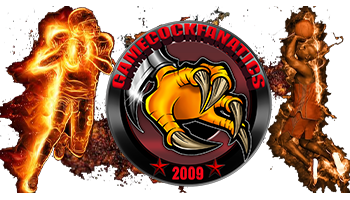dreammachine
Member
The Only Southern State That Did Not Have Troops Fighting For Both Sides Was South Carolina.
All Southern States had troops that formed regiments that fought for the North with exception of the State of South Carolina. I think that this was due to the fact that the Southern War For Independence was not greatly thought of by the people living in Western NC, Eastern Tenn, North GA, North Alabama and of course West Virginia broke off and became a Union State. The Southern Soldiers call these soldiers who were their neighbors "Galvanized Yankees" and this is where a lot of unlawful and uncivilized fighting was at it's worst. Some of the Border States like Maryland/Kentucky and Missouri supplied troop for both Union and Confederate Armies.
North Carolina supplied the most troops to the Southern Armies.
All Southern States had troops that formed regiments that fought for the North with exception of the State of South Carolina. I think that this was due to the fact that the Southern War For Independence was not greatly thought of by the people living in Western NC, Eastern Tenn, North GA, North Alabama and of course West Virginia broke off and became a Union State. The Southern Soldiers call these soldiers who were their neighbors "Galvanized Yankees" and this is where a lot of unlawful and uncivilized fighting was at it's worst. Some of the Border States like Maryland/Kentucky and Missouri supplied troop for both Union and Confederate Armies.
North Carolina supplied the most troops to the Southern Armies.
